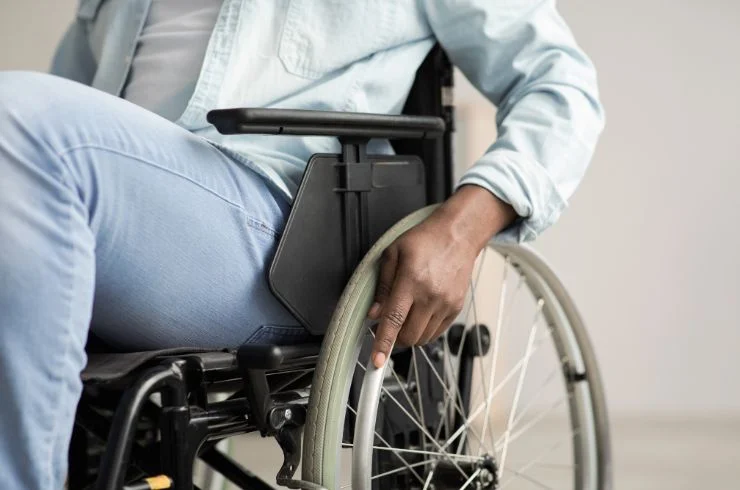
Paralysis is the loss of the ability to move or feel a part of the body due to nerve damage or dysfunction. It can affect any part of the body and may be temporary or permanent, depending on the cause. Paralysis can result from various conditions, such as strokes, spinal cord injuries, nerve disorders, or diseases like multiple sclerosis. At Subhadra Hospital, we provide expert care to address the underlying cause of paralysis and offer personalized rehabilitation plans to help you regain movement and improve quality of life.
Common causes of paralysis include:
Stroke (interrupts blood flow to the brain)
Spinal cord injury (damage to the spinal column)
Neurological disorders (e.g., multiple sclerosis, Guillain-Barré syndrome)
Trauma or accidents
Brain injuries
Infections or tumors (affecting the nervous system)
Degenerative diseases (e.g., amyotrophic lateral sclerosis – ALS)
We offer comprehensive care to manage paralysis and promote recovery:
Clinical evaluation to identify the cause and extent of paralysis
Advanced imaging tests (e.g., MRI, CT scans) to assess brain and spinal cord function
Medications (pain management, anti-inflammatory drugs, or medications for neurological conditions)
Physical therapy to help regain movement, strengthen muscles, and improve mobility
Occupational therapy to assist with daily activities and improve independence
Speech therapy for those with speech or swallowing difficulties
Neurological rehabilitation to help retrain the brain and nervous system
Assistive devices (e.g., mobility aids, braces) to improve movement and support recovery
Psychological support to address emotional and mental health challenges
Ongoing monitoring and adjustments to the treatment plan for optimal recovery